PROBATE & PROBATE LITIGATION
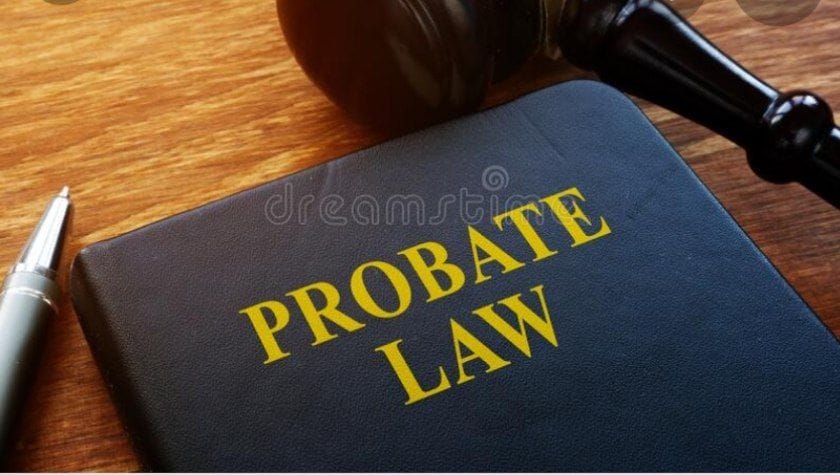
Trust Litigation
A trust litigation lawsuit can be filed by a beneficiary against a trustee or a third party. This lawsuit can be also filed by a trustee against a beneficiary or third party. A beneficiary within a trust is a person who is entitled to receive property (i.e. stocks, cash, real estate properties, bonds, mutual funds, personal properties, etc.) from a trust. The trustee is a person named in the trust to oversee the trust estate. The trust estate is all the property owned by the trust. A trustee holds the legal authority to act on behalf of the trust.The use of a trust litigation lawsuit is to obtain a beneficiary’s inheritance that they are entitled to. A trust litigation lawsuit can also be filed by a trustee to reclaim property that rightfully belongs to the trust or to have the court rule on the accountability of the trustee’s acts.
Why Should You Start a Trust Litigation?
There are many different scenarios that you as a trust beneficiary may start a trust litigation lawsuit. The frequently common element for all of them is that you have a reason to not trust the trustee, or you cannot communicate with the trustee.

What is the difference between trust litigation and probate litigation?
Abbassi Law Firm operates in the state of California where, both trust litigation and probate litigation take place in the probate court. They are alike to one another in some ways, but the subject of the litigation is always going to be different. Probate litigation involves the people and the property included within a probate estate. Trust litigation involves the people and the property involved within a trust. A probate estate and the trust estate are two separate and different legal entities. Even though a person who passed away may have both a probate estate and a trust estate, probate litigation cannot directly affect the way in which the trust is distributed, and trust litigation cannot directly affect how the probate estate is distributed.
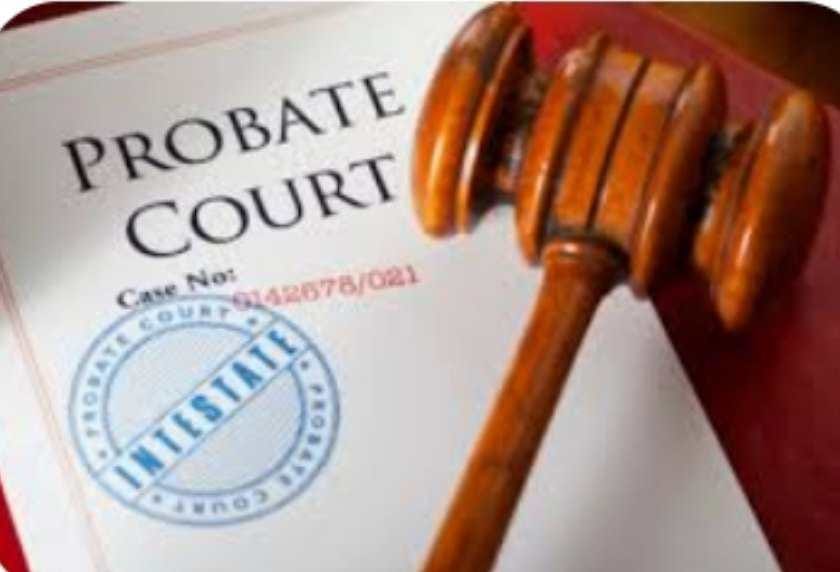
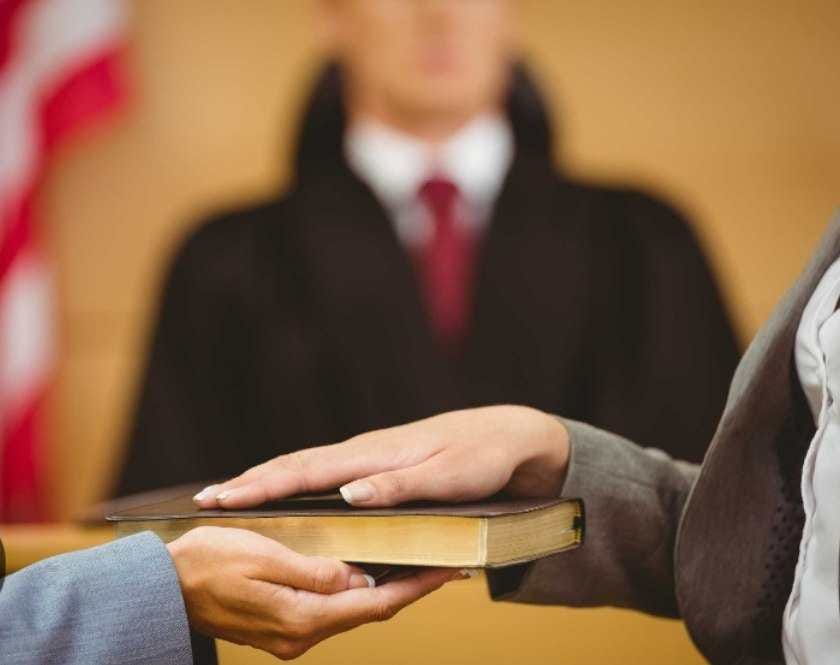
What if Trust Litigation is the Correct way forward?
The First Step, You Will Need to Get a Copy of the Trust
Acquiring a copy of the trust after the settlor dies should be easy and straightforward. After learning of the death of the settlor, the trustee is legally required to send out a notice to all the trust beneficiaries and heirs of the settlor’s death within 60 days. The notice informs all parties who the trustee is, their address, phone number, and the principal place of trust administration. The notice also informs everyone involved who receives it that they are entitled to receive a copy of the trust and its amendments if they make a written demand. In some cases, trustees will simply mail out a copy of the trust along with the required notice mentioned.
The Second Step, Confirm that the Trust Accurately States the Settlor’s Wishes
When you receive a copy of the trust you will, of course, read it. The most important question to answer currently is whether the trust accurately reflects the settlor’s wishes. If the trust does not accurately state the settlor’s wishes, then it is important to consider filing a trust contest. A trust contest is a specific type of trust litigation. A trust contest is a lawsuit requesting to have the probate court declare the trust void. In other words, to set the trust or trust amendment aside so it may not be used. The trust contest can be filed attacking the trust itself or one or more amendments to the trust.
Third, Make Sure that the Trustee is Carrying Out the Terms of the Trust.
It is important when assessing the trustee’s actions that you consider whether the trustee is acting reasonably, not perfectly. California state law does not require trustees to be perfect. It does require trustees to act reasonably when considering the assets stated in the trust, the trustee’s expertise and the terms mentioned in the trust.
Trustee’s Duties
Every trustee has required obligations to all the trust’s beneficiaries. The trustee must administer the trust according to the terms written in the trust. That means the trustee cannot make up their own rules and terms. Instead, the trustee must carry out the terms of the trust as recorded within the trust. A breach of one or more of these obligations can get you equitable relief or damages. If your trustee fails to administer the trust according to its terms, then they have compromised their fiduciary duties.
Time to Take Action
If you have not received your rightful inheritance, then know you must take action to make that happen. Nothing happens automatically when trust administration has gone wrong. If you have reason to believe that trust litigation is the correct course of action, do make sure to act as soon as possible. You may be at risk of losing a part or all your rightful inheritance.
Will Litigation
A will litigation lawsuit is typically filed because someone has a reason to dispute the validity of a last will and testament after the testator has passed away. The testator is individual who made the will. Usually, the only people who can legally challenge a will are those who would have otherwise benefited—for example, someone named in a prior will or who, under state law, would have received assets mentioned in the will if no will existed. To contest a will, you must have solid evidence to validate your claims, not just a feeling, suspicion, or sense of unfairness of the will.
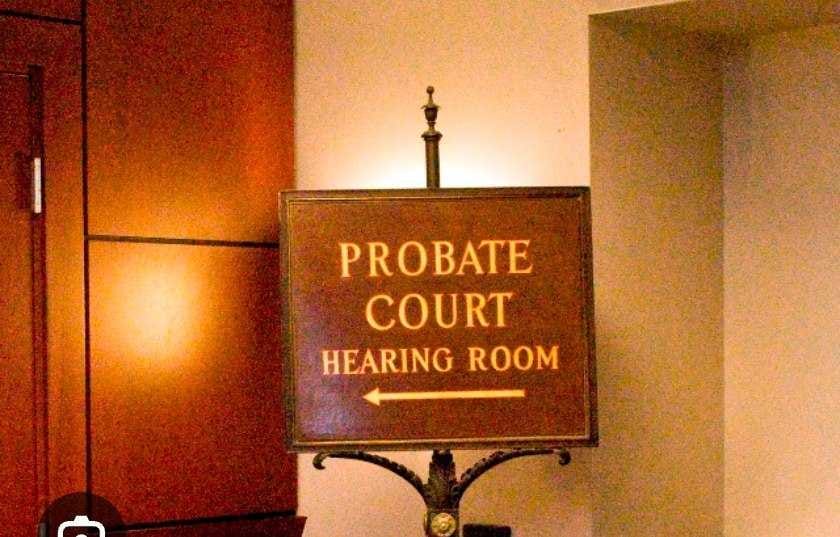
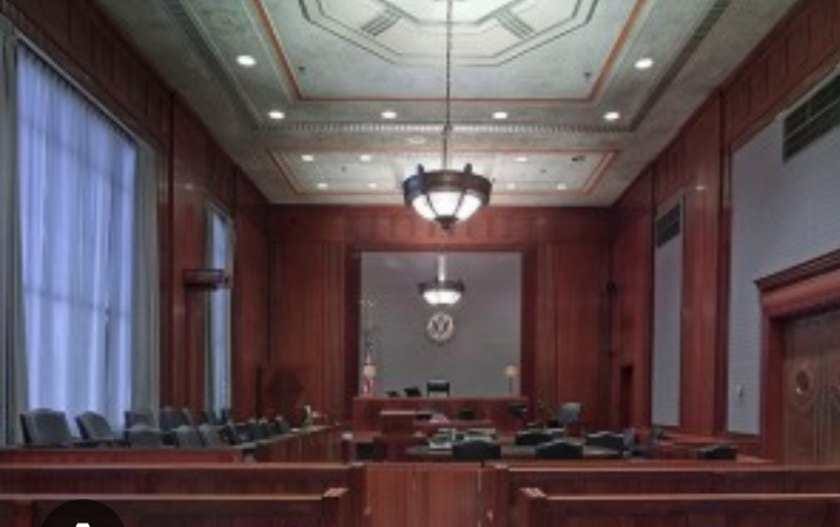
Why Should You Contest a Will?
Most will contests arise out of complex relationships within the family, and it can be a challenge for a lawyer to balance emotional and psychological issues with the reality of the legal process. Frequently in these cases, parties are not just pursuing assets, but challenging a whole power dynamic within a family of the will, particularly if one sibling is designated the personal representative or executor. A common reason in which a will can be contested would be contradicting statements between what the will states and what the descendent says. To successfully contest a will, you must first have legal grounds to contest a will based off state law along with providing evidence for your claim. Evidence that you might need to provide could be scenarios where: the testator did not have the personal capacity to draft the will, the testator was being influenced by a third party, evidence of mistakes or fraud, circumstances that led to the will being void etc.
What Does the Process of Will Litigation Look Like?
In a will dispute, all interested parties have the right to conduct a formal investigation known as discovery, to find out more information about the case. Pre-trial access to this information allows the parties to use facts and reasonable evidence to determine their strategies and avoid delays if a trial is necessary. In most cases, what’s learned during discovery helps the opposing sides come to a settlement without having to go to trial at all.
The primary tools used during the discovery process in a will litigation are written discovery, document production, and depositions. Document productions are documents that are relevant to the case. Each party has the right to see these documents. A deposition is a sworn out of court testimony. The deposition is used to find out what the witness knows and to preserve that specific witness’ testimony. Make sure to be as transparent as possible with your lawyer to ensure a successful case. Written discoveries will involve questions requiring your perception of the facts and your personal claims. Your attorney will assist you in deciding which questions you should answer and which to object to.
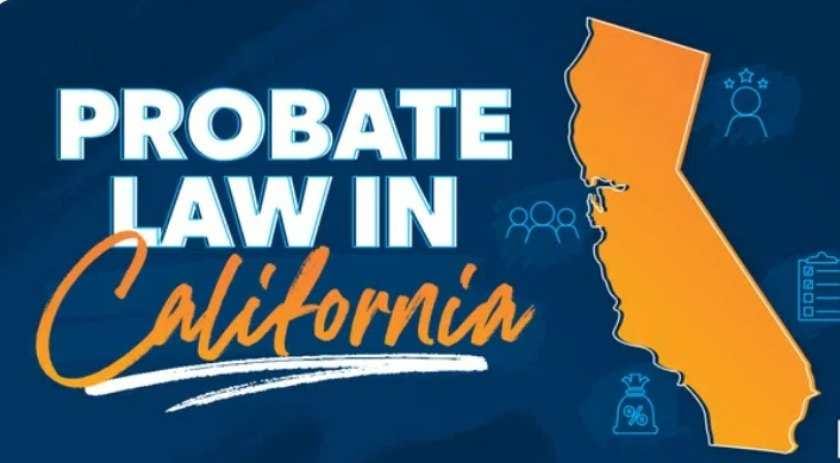

Why Should You Contest a Will?
Most will contests arise out of complex relationships within the family, and it can be a challenge for a lawyer to balance emotional and psychological issues with the reality of the legal process. Frequently in these cases, parties are not just pursuing assets, but challenging a whole power dynamic within a family of the will, particularly if one sibling is designated the personal representative or executor. A common reason in which a will can be contested would be contradicting statements between what the will states and what the descendent says. To successfully contest a will, you must first have legal grounds to contest a will based off state law along with providing evidence for your claim. Evidence that you might need to provide could be scenarios where: the testator did not have the personal capacity to draft the will, the testator was being influenced by a third party, evidence of mistakes or fraud, circumstances that led to the will being void etc.
Time to Take Action
Timelines are always an important factor when deciding to take legal action in contesting a will. If you have an objection or disagreement with a will, then you need to act quickly to make sure that you have the best chance of success in your dispute. Only a limited amount of time is given to file a will contest so that the payment of final expenses and transfer of properties stated in the will to heirs can be expedited. Otherwise, an estate might never be completely distributed for fear that a will contest may be filed in the future. If you do not act soon enough to file a will contest, you will be time-barred from ever attempting to recover your inheritance.
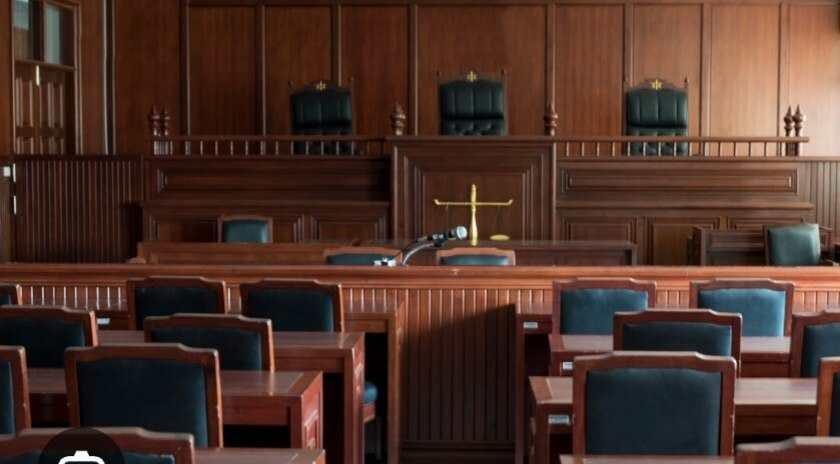
Evane (Donya) K. Abbassi, JD, LLM
Our managing attorney Evane K. Abbassi (Donya), is an engineer who has a doctorate and post doctorate degrees in law. She has been working with many prominent, high net worth families all over the U.S. and has been helping clients establish their family legacies. Evane K. Abbassi created the Abbassi Law Firm to leave her own legacy here in California and is excited about the law firm’s success.
In her spare time, Evane Abbassi loves to read and has a good size home library which she is proud of. She enjoys power walking and biking, and in the winter, she loves skiing. She also loves traveling; her latest trips have been to Hawaii and the Grand Canyon. On the weekends – if she isn’t working – she is taking short day trips to San Francisco, San Diego, Santa Barbara or the Carmel areas.
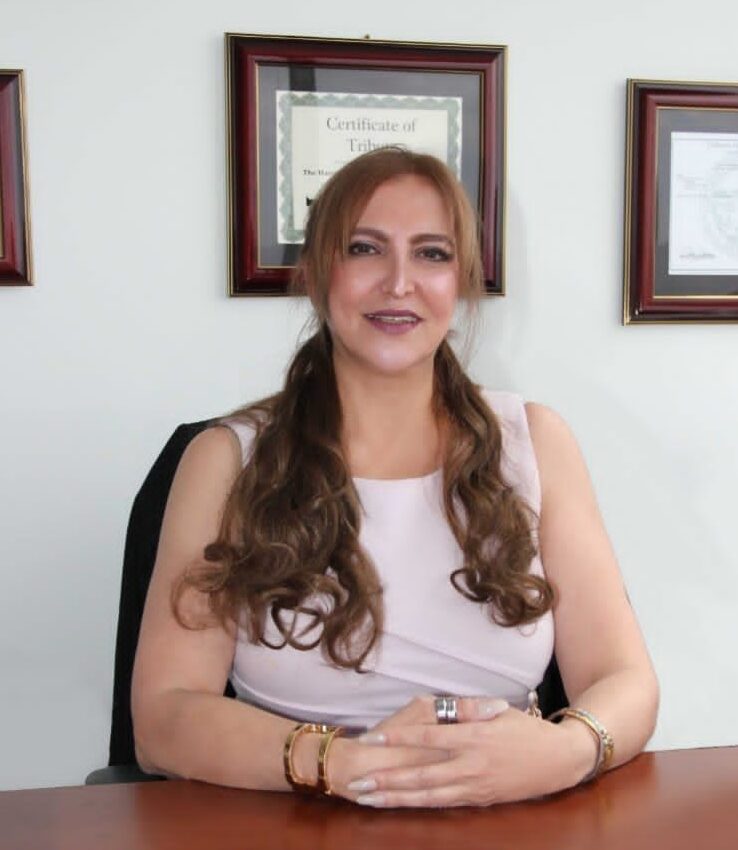
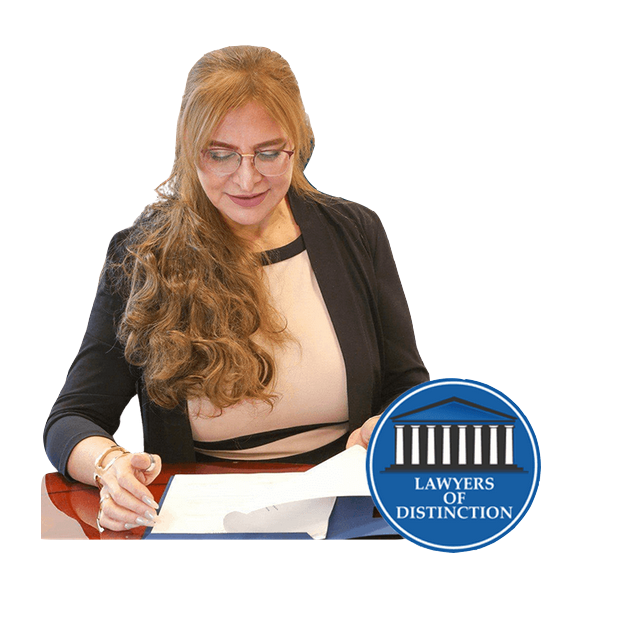
Evane K. Abbassi: Lawyer of Distinction
Lawyers of Distinction range from not only attorneys across the U.S. but across the globe, and are specially nominated through a prestigious selection process. From a categorical test on knowledge of practice and achievements to ethical behavior and a final selection, attorney Abbassi was among the few who garnered this exclusive award.
Every client deserves personalized legal care and an
attorney that gives the client his/her undivided attention.
– Evane K. Abbassi JD, LLM –
Office located in Woodland Hills, CA
Abbassi Law Firm is located in the heart of Woodland Hills, California in the beautiful Trillium Towers. We serve many counties throughout the state and previously served clients in San Francisco and Sacramento! Below are just some of the countries we serve:

Los Angeles County

Kern County

Riverside County

San Diego County

Ventura County
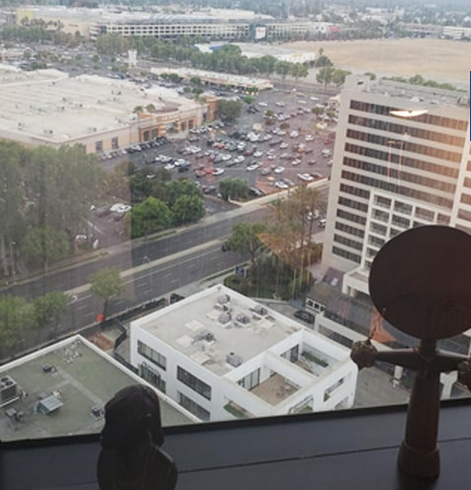

DISCLAIMER
The purpose of this web site is to provide general information about the abbassi law firm. The information and the materials contained on this web site have been prepared by out attorneys solely for general information purposes and are not intended and should not be interpreted as legal advice or legal opinion of any nature whatsoever. The transmission, receipt or use of this web site does not constitute nor create an attorney-client relationship. No recipients of content from this web site should take any action or refrain from action based upon any or all of the contents of this web site. Please further note that the act of sending electronic mail to abbassi law firm will not creat an attorney-client relationship or impose any obligation on our firm and office. Any electronic communication between you and abbassi law firm may not be secure; and, unless you are already a client of our office, will not be privileged and may be disclosed to other persons. Therfore, you should not send abbassi law firm any e-mail that contains confidential or sensitive information. Abbassi law firm does not warrant that the information contained in this web site is accurate or complete, a hereby disclaims any and all liability to any person for any loss or damage caused by errors or omissions, whether such errors or omissions result from negligence, accident or any other cause. Abbassi law firm is not responsible for, and makes no representations or warranties about, the contents of web sites to which links may be provided from this web site.